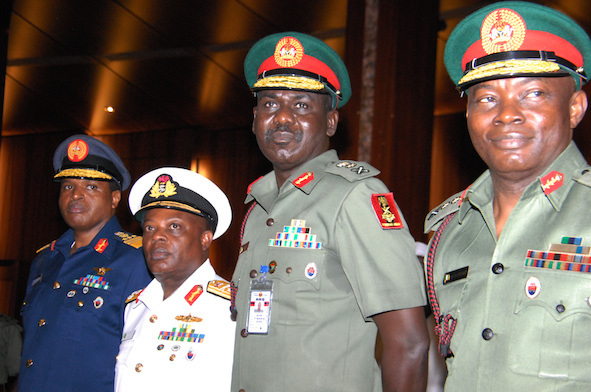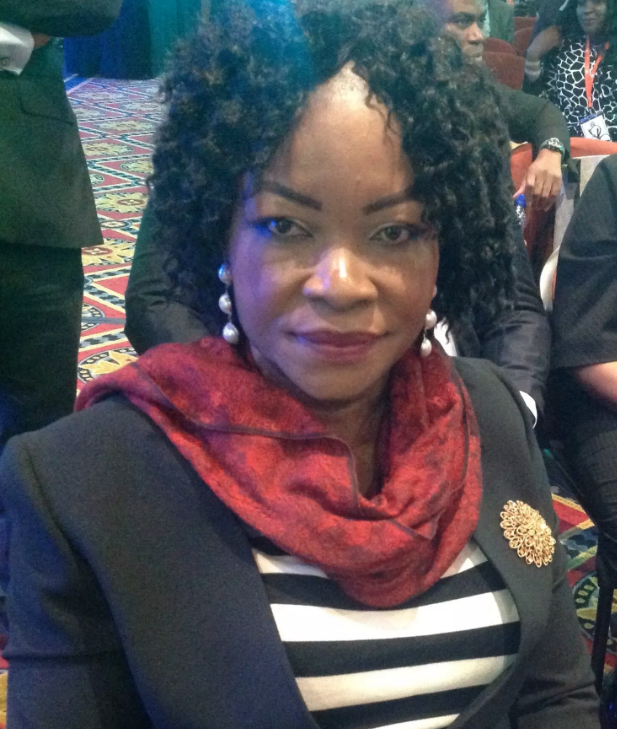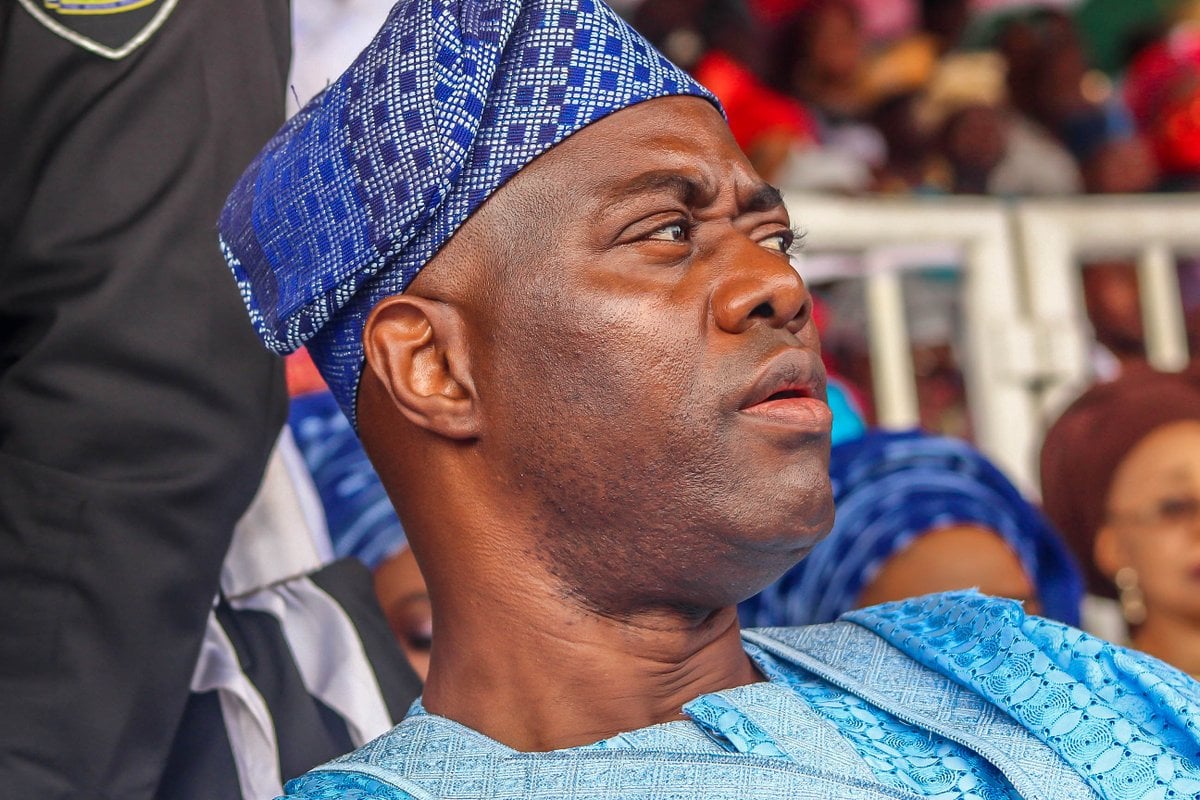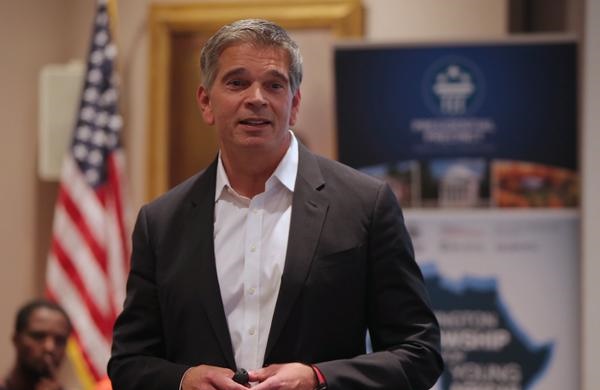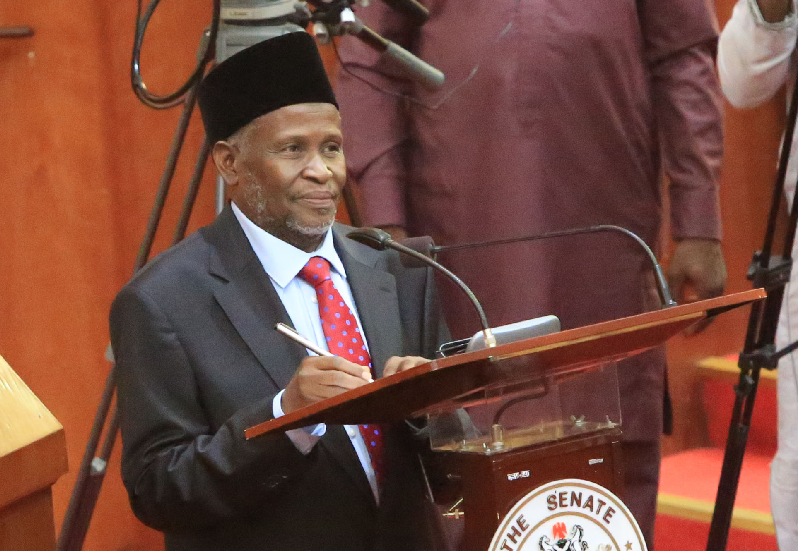Gabriel Olonisakin, chief of defence staff, Tukur Buratai, chief of army staff, Sadique Abubakar, chief of air staff, and Ibok-Ete Ekwe Ibas, chief of naval staff, have one thing in common — they are ALL due for retirement having spent more than 35 years in military service.
But President Muhammadu is holding them back — after first extending their services by two years in 2015 and then renewing the extension in 2017 seemingly without end.
TheCable understands that military insiders are quietly complaining that their commander-in-chief is “suffocating” growth in the armed forces — worse still, officers who are junior to the service chiefs are being forced into retirement ahead of their seniors.
Section 8 of the public service rules stipulates that the compulsory retirement age for all grades in the service shall be 60 years or 35 years of pensionable service whichever is earlier.
Advertisement
“No officer shall be allowed to remain in service after attaining the retirement age of 60 years or 35 years of pensionable service whichever is earlier,” the law reads.
Also, section 4 of the harmonised terms and conditions of service officers (2017) states that military service of an officer is a period of unbroken service in the armed forces of Nigeria from the date of commission to the date of retirement from service.
This period of unbroken service covers date of enlistment into service as soldiers/ratings/airmen for regular commission, short service commission, direct short service commission, direct regular commission, executive commission officers including other commissions.
Advertisement
“When caught up with age or service years, voluntary retirement would be recommended even if you are holding an appointive position,” a senior officer in defence headquarters told TheCable.
“It must be noted that it is this same service chiefs that effected a change in the tenure section of the armed forces act and removed capped duration of tenure extension for service chiefs during a review of the act in 2017. Tenure cannot be open ended. That is a fraud,” said a military analyst who asked not to be named.
‘THEY’RE LIKE EMPERORS NOW’
He said “it appears the service chiefs have run out of ideas having tried their best possible” in the last four years.
Advertisement
“There is thus the need for fresh hands to pilot the affairs of Nigeria military for better results. Moreover, the current service chiefs now more or less emperors to their surbodinates as their contemporaries have long left the military on retirement,” he said.
“Consequently, no constructive vibrant exchange of ideas can take place in the military since there is a wide generational gulf between the service chiefs and their immediate surbordinate generals. Indeed the continued stay of the service chiefs has stagnated upward mobility of officers which have seriously impacted morale negatively.
“Additionally, it will be suicidal for the nation, as well as it being a clear failure of leadership on the part of the service chiefs if we are to believe that our military generals are not qualified enough or have not been groomed enough in the last four years to take over from present crop of service chiefs.”
LACK OF TRUST
Advertisement
Buhari may not be breaking the law (since it has been amended) but his action is believed to be disrupting the military order.
The position of service chiefs is considered as political rather than professional — and that means the president can decide to retain or fire.
Advertisement
“Once you reach the rank of major general, you have basically reached the peak of your career. The rest is political and at the whims of the commander-in-chief,” another military officer said.
A military insider told TheCable that although Buhari would like to change service chiefs in the wake of the growing insecurity in the country, “it seems he has a problem of trust… his philosophy is that of ‘the devil you know is better than the saint you don’t know'”.
Advertisement
Buhari was reluctant to replace the former inspector general of police, Ibrahim Idris, when he reached retirement age in January — but he eventually buckled and appointed Mohammed Adamu.
“Trust is not an excuse. Adamu is not doing badly as IGP. Abraham Lincoln fired many generals till he got Ulysses Grant, so if Buhari has trust issues, that shouldn’t mean stifling growth in the military and disrupting the career path of other fine officers,” the insider said.
Advertisement
AFTER 38 YEARS, OLONISAKIN STILL IN SERVICE
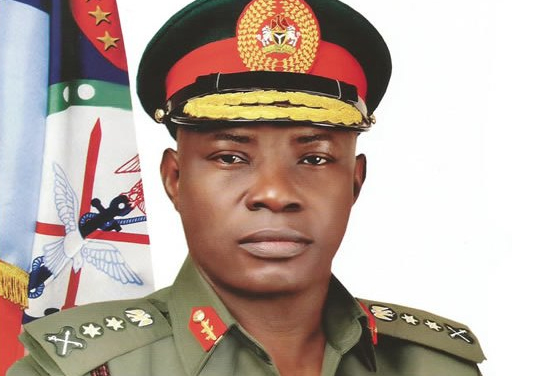
Olonisakin, the most senior service chief, has spent 38 years in service.
Upon graduation from the Nigerian Defense Academy (NDA) as a member of the 25th regular combatant course, the now 57-year-old general was commissioned as a second lieutenant into the Nigerian army signal corps in 1981.
Until his promotion to a general and subsequent appointment as chief of defence staff in 2015, Olonisakin who at the time had spent 34 years in service was commander of training and doctrine command (TRADOC) of the Nigerian army.
Olonisakin is Course 26 — but Course 33 officers are already retiring.
“It’s like your juniors in secondary are already graduating while you remain the head boy,” the officer joked.
BURATAI, 36 YEARS IN SERVICE AND STILL COUNTING
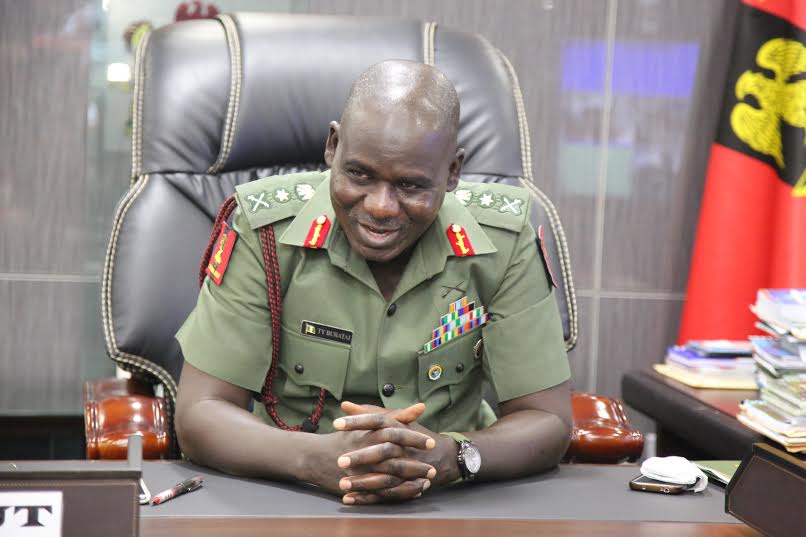
Born in November 1960, Buratai was commissioned as a second lieutenant in 1983 — the year Buhari became military head of state after a coup.
He is a member of the 29th regular combatant course of the NDA. He was commander of the multinational joint task force (MJTNF) before Buhari appointed him as chief of army staff.
When the president recently approved the promotion Lamidi Adeosun, a major general and chief to lieutenant-general — the same rank as Buratai — there were speculations that Buratai may be made chief of defence staff to replace Olonishakin. This would mean, instead of retirement having spent 36 years, Buratai would be promoted to the rank of a general.
However, Adeosun himself is due for retirement this year.
ABUBAKAR HAS BEEN IN SERVICE FOR NEARLY 40 YEARS!
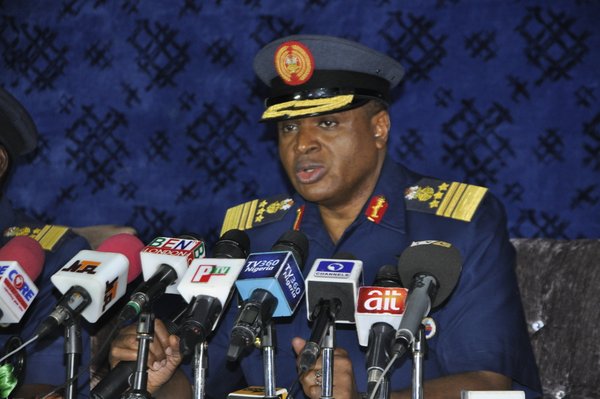
Abubakar, an air marshal, joined the Nigerian air force early as a member of cadet military training course (CMTC 5) in November 1979.
He rose through the ranks, and until his appointment as chief of air staff, the 59-year-old air chief was chief of administration at the air force headquarters.
IBAS: IT’S 36 YEARS SPENT ALREADY
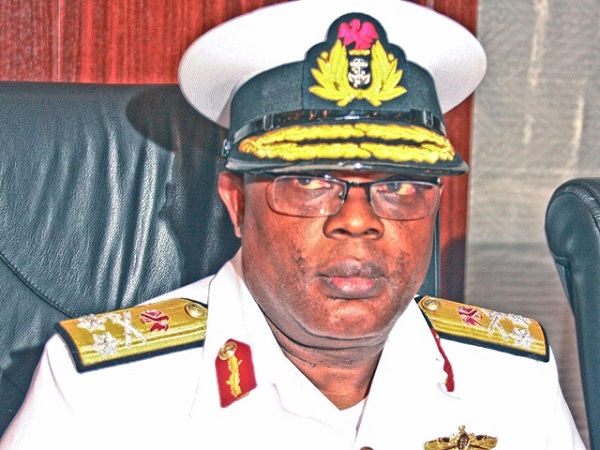
Born in 1960, the naval chief is a member of the NDA’s 26 regular course and was commissioned sub-lieutenant of the navy in January 1983.
The vice-admiral was the chief executive officer of the Nigerian Navy Holdings Limited before his appointment in 2015.
‘THEIR CONTINUED STAY IN OFFICE, ILLEGAL’
Although the armed forces act is silent on the duration of tenure for service chiefs as this is at the pleasure of the president, the current occupants are already due for retirement going by the public service rules.
In 2017 when the president extended their tenure, the duration of the new extension was not specified.
On Monday, a coalition of civil society organisations under the aegis of Coalition of Civil Rights for Justice, Peace and Security (CRJPS) described as illegal, the stay in office of the service chiefs.
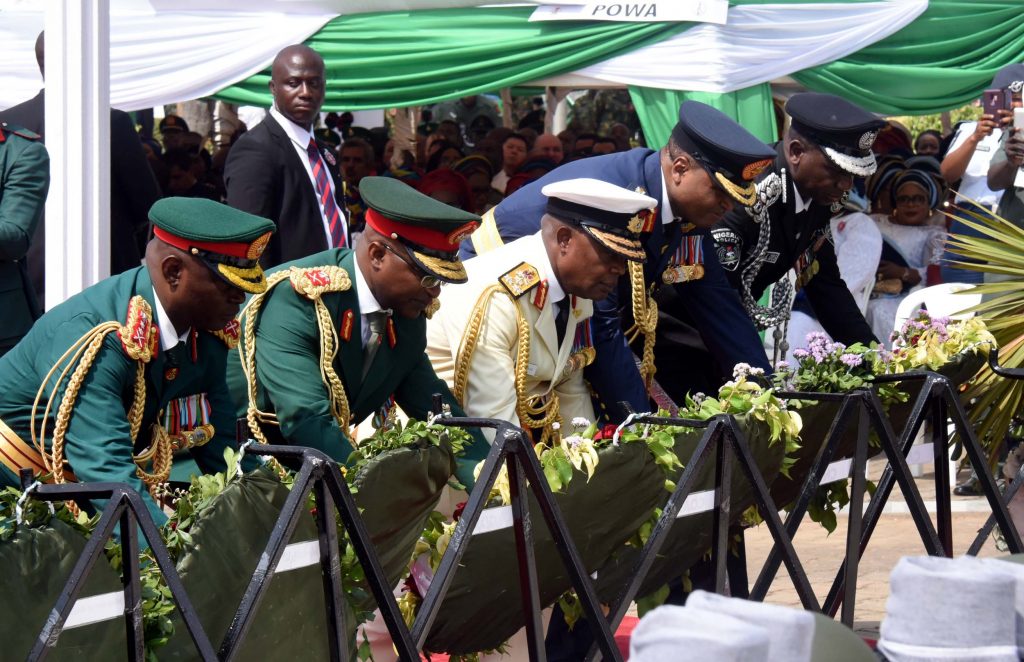
Abubakar Dan Bauchi, executive secretary of the group, said the group’s position was for the president to put a new security architecture in place.
“The constitutional tenure of security chiefs lapsed since July 13, 2019. Any official communication or action initiated by the security heads after that date could be deemed to be out of the law,” the group said in a statement.
“We note with regret that the continued retention of the Chief of Defence Staff and the Service Chiefs despite the fact that their constitutional tenure of office lapsed since July 13, 2019, is not in the spirit and letters of our revered Armed Forces of Nigeria.
“President Buhari’s inability to listen to voice of reason and retire the security chiefs has not helped matters, as the development has contributed to the stagnation of the career of military personnel besides the obvious fact that their morale in professional duties had been dampened.”
Garba Shehu, presidential spokesperson and Tukur Gusau, spokesperson to the immediate past minister of defence, did not immediately respond to TheCable’s message seeking their reactions to the issue.
Add a comment

